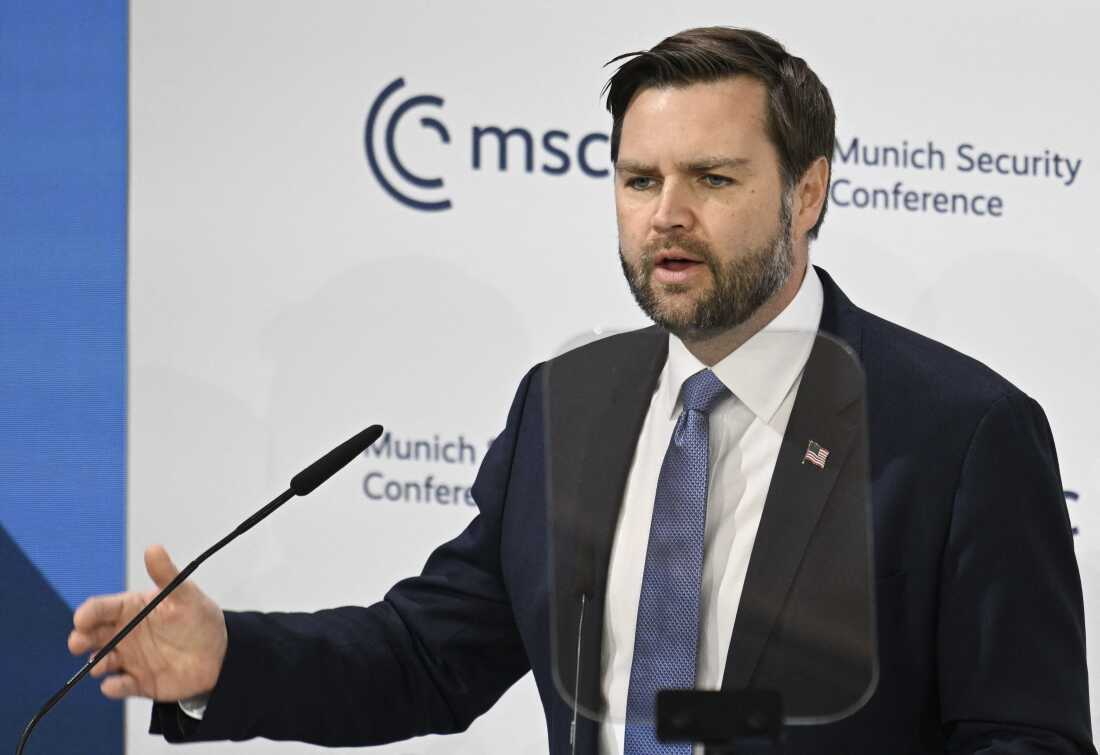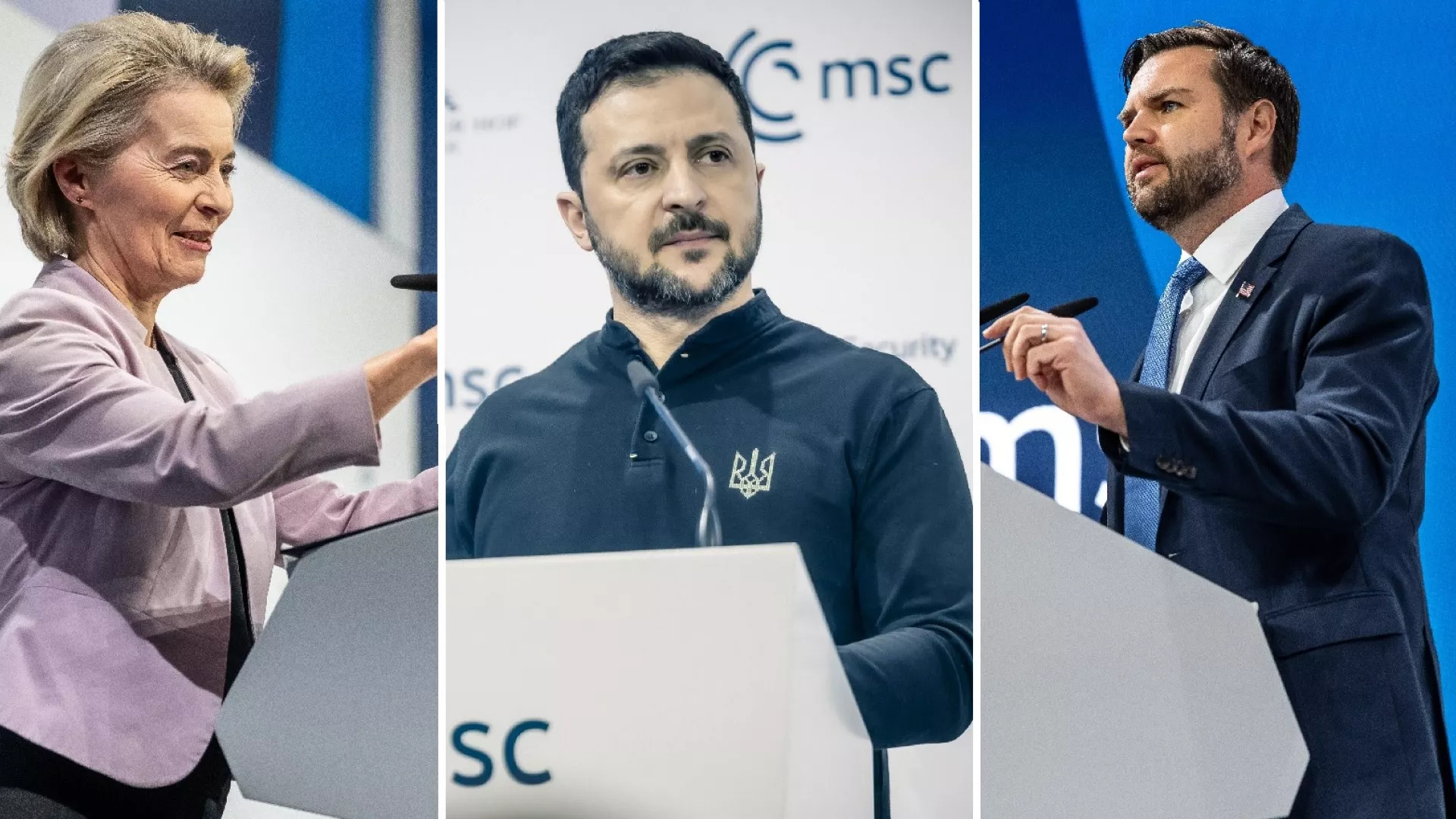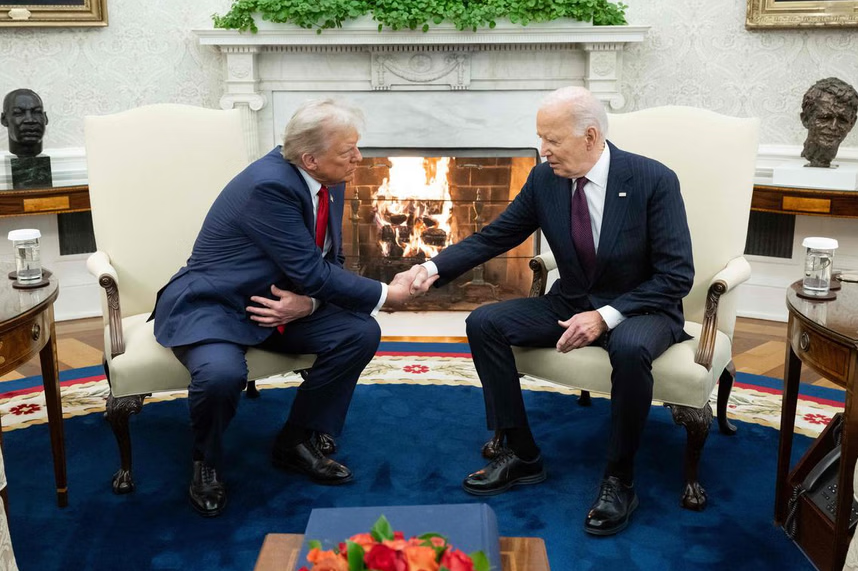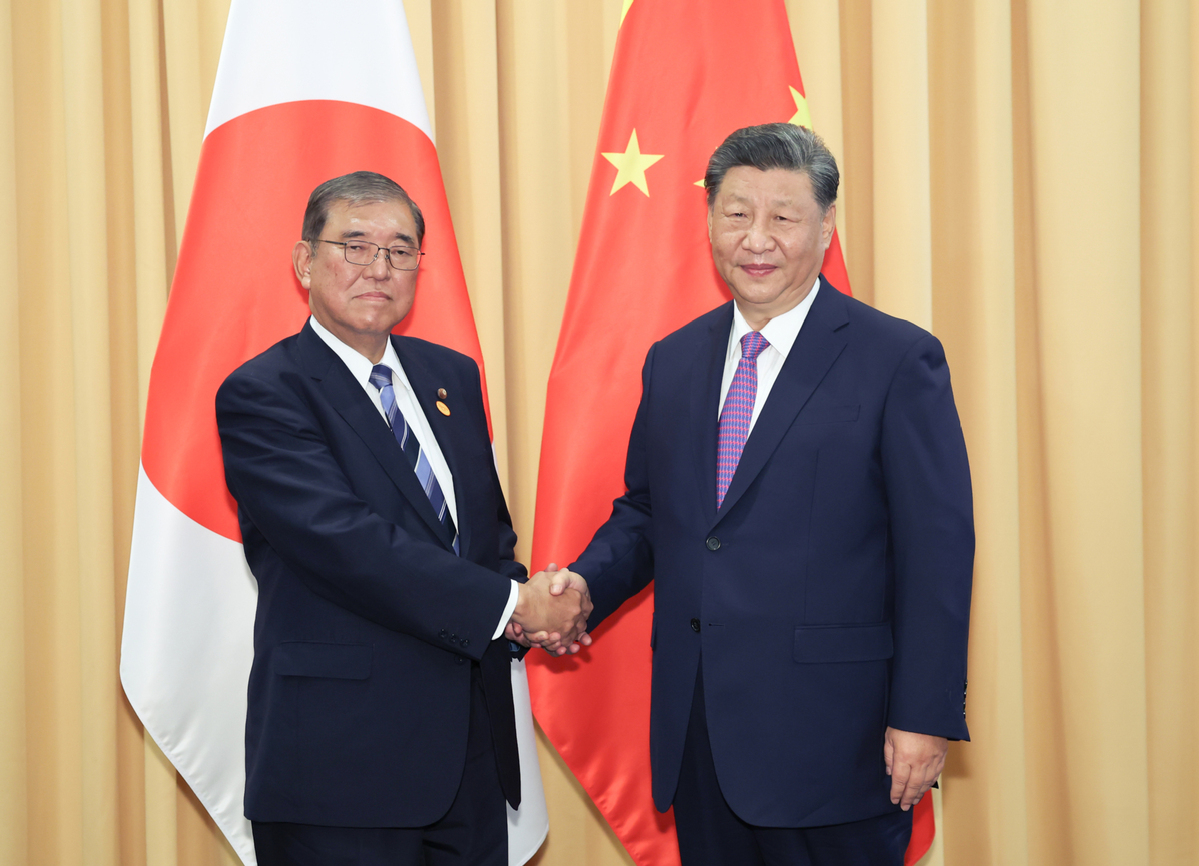
Sun Chenghao, Fellow, Center for International Security and Strategy of Tsinghua University; Munich Young Leader 2025
Feb 20, 2025
European delegates to security conference, reacting to a disturbing speech by U.S. Vice President JD Vance, say privately that it’s clear the continent must gradually break with the United States. The reduction of America’s strategic investment in Europe is accelerating Europe’s search for autonomy in an increasingly multipolar world.
Niu Xinchun, Professor, China-Arab Research Institute, Ningxia University
Feb 20, 2025
The Israelis have two primary war objectives: the complete elimination of Hamas and the rescue of all hostages. But these goals are inherently contradictory and cannot be pursued at the same time. Israel is thus faced with a difficult choice about which to prioritize.

Xiao Qian, Deputy Director, Center for International Security and Strategy at Tsinghua University
Feb 20, 2025
Ukraine crisis lingers as the transatlantic alliance faces an uncertain future. Meanwhile, the international order is undergoing a profound restructuring as the sand shifts under traditional commitments by the United States and as Europe seeks greater autonomy.
Fan Gaoyue, Guest Professor at Sichuan University, Former Chief Specialist at PLA Academy of Military Science
Feb 14, 2025
Any lasting solution to the conflict will require consultation with all parties concerned and will be much more complex and difficult than simply putting forth hypothetical scenarios.
Xiao Bin, Deputy Secretary-general, Center for Shanghai Cooperation Organization Studies, Chinese Association of Social Sciences
Jan 27, 2025
The war is unlikely to end according to the timeline of the incoming U.S. president. Imposing his Ukraine plan on Ukrainian President Volodymyr Zelenskyy could give Russia an opportunity to rearm, thereby raising hurdles for the United States and its NATO allies.

Fan Gaoyue, Guest Professor at Sichuan University, Former Chief Specialist at PLA Academy of Military Science
Jan 10, 2025
The most prominent characteristic of the incoming U.S. president is uncertainty. China, especially, must drop all illusions and prepare to compete so that it can sit tight in the fishing boat and steer it to safety. The wind and waves are likely to rise under a more experienced — and possibly less restrained — American chief executive.
Xiao Bin, Deputy Secretary-general, Center for Shanghai Cooperation Organization Studies, Chinese Association of Social Sciences
Jan 07, 2025
When he enters the White House, Donald Trump is going to need a resolution of the Ukraine conflict. But Russia’s decision-makers are unlikely to yield to him. Even if Trump got his way, the underlying issues between Russia and the West would persist.
Vasilis Trigkas, Visiting Assistant Professor, Schwarzman College, Tsinghua University
Dec 31, 2024
As the world looks back into a turbulent 2024, the Nobel Peace Prize awarded to Hiroshima and Nagasaki survivors underscores the urgent need for renewed global efforts to mitigate nuclear risks. In the face of rising geopolitical tensions and technological advancements, we must revive strategic dialogues and prioritize diplomatic solutions, following President Kennedy’s example, to ensure global security and address the existential threats posed by nuclear weapons and AI-enhanced warfare. And this call demands leadership.
Niu Xinchun, Professor, China-Arab Research Institute, Ningxia University
Dec 23, 2024
Middle Eastern nations are capitalizing on Donald Trump’s penchant for unprincipled, no-limits deal-making, even though he has yet to assume office. These countries are scrambling to position themselves for the high-stakes negotiations that lie ahead.

Zhang Yun, Professor, School of International Relations, Nanjing University
Dec 20, 2024
From Shinzo Abe’s concept of escaping the postwar regime to Shigeru Ishiba’s idea of postwar political settlement, the trajectory of Japan’s political evolution is becoming increasingly apparent. For both China and the United States, responding to a Japan that embraces strategic autonomy poses a significant strategic challenge.
Back to Top

- China-US Focus builds trust and understanding between the U.S. and China through open dialogue among thought leaders.
- Our Offerings
- Topics
- Videos
- Podcasts
- Columnists
- Research Reports
- Focus Digest
- Stay Connected
-
Thanks for signing up!
- Get the latest stories from China-US Focus weekly.